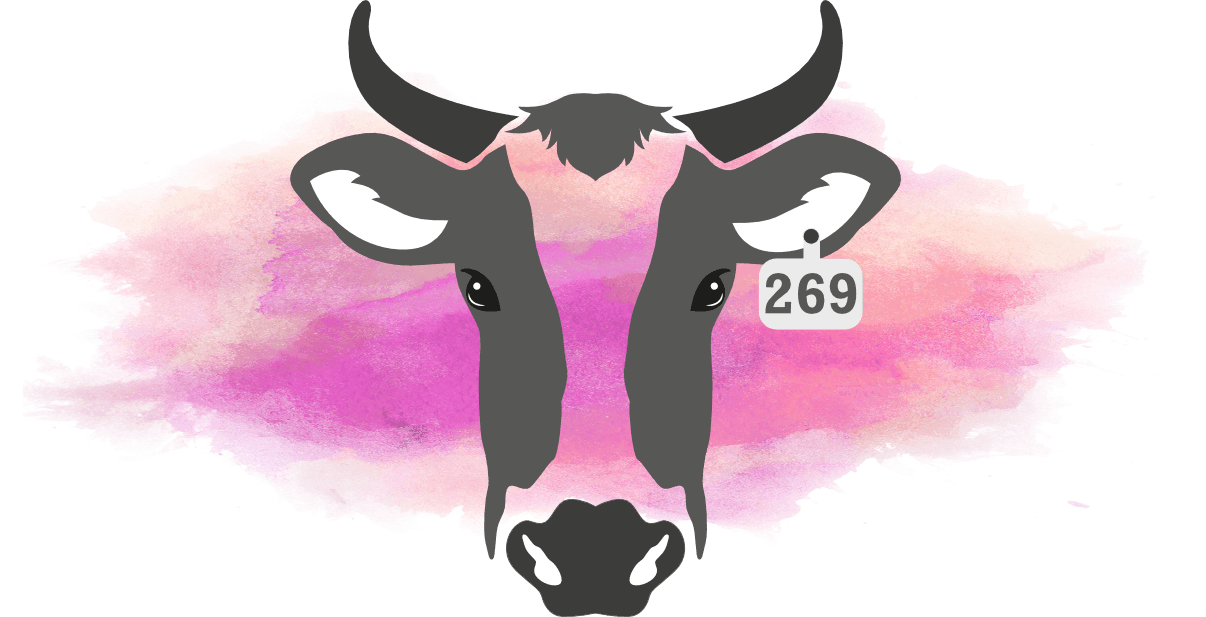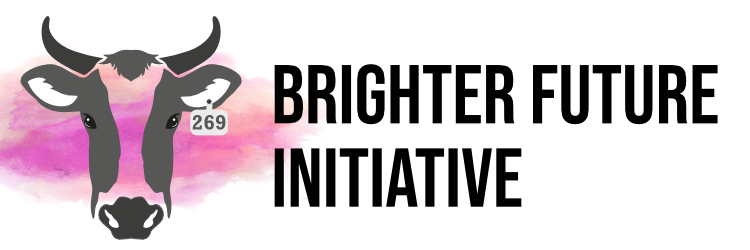
Brighter Future Initiative
say no to animal cruelty!
I have especially cropped this video down for your convenience, its roughly 6 minutes and is of critical importance! MUST WATCH
Signs the body is low in vitamin B12 can include:
- Extreme fatigue
- Lack of energy
- Lack of appetite
- Faintness
- Headaches
- Ringing in the ears
- Feeling out of breath
- Confusion
- Paranoia
- Yellow Skin

BUY THE DVD HERE

Eating a plant-based diet is one of the most healthful actions you can take, but it carries the very serious and potentially fatal risk of vitamin B12 deficiency. Although plant-based diets are full of other vitamins and minerals, they are generally devoid of vitamin B12.
Vitamin B12, or cobalamin, is naturally found in animal foods or bacteria. Animals obtain vitamin B12 by eating foods that are covered in bacteria or from the bacteria that already line their own guts. Humans have lots of bacteria in their guts, but only in the colon. Unfortunately, humans are unable to absorb the vitamin B12 produced in the colon because vitamin B12 is only absorbed in the small intestine, which is upstream of the colon ~ reference FORKS OVER KNIVES
Vegan for life ♥
Vegan for life ♥
Primates, indigenous societies, and prehistoric populations never got cobalamin deficiency because they didn’t have the advanced hygiene techniques that we have today, even if they were eating a plant-based diet. Their food had enough vitamin B12–containing bacteria on the surfaces to meet their needs. Humans, unlike other members of the animal kingdom, take great care to clean, wash, and cook their foods, which reduces the vitamin B12 content of any plant foods we may eat.
Consequently, vegetarians and vegans run the risk of vitamin B12 deficiency. The risk increases the more plant-based one eats, with long-term vegans being at the highest risk. In one study, vitamin B12 deficiency affected 86 percent of all vegans. Vitamin B12 deficiency is serious and can cause anemia, nerve damage, neurocognitive changes, and, over time, paralysis—all problems that you don’t need.
Fortunately, vitamin B12 deficiency can easily be prevented. Vitamin B12 can be found in fortified foods, like certain cereals, soy milk, and nutritional yeast. Yet, the simplest and most reliable way to ensure you get an adequate amount of B12 is to take an oral supplement. The usual dose for the average person is 250 micrograms a day or 2,500micrograms a week. I personally take a weekly, as opposed to a daily, supplement out of convenience, but either option is OK. If you are not sure if you are getting enough or getting too much, you can always see your doctor to get your levels checked. ~ reference FORKS OVER KNIVES
There are two forms of vitamin B12 that you’re likely to come across – methylcobalamin and cyanocobalamin. Cyanocobalamin is the most commonly supplemented form of vitamin B12 and is chemically synthesised. Methylcobalamin is found in animal-based foods and is therefore obviously naturally occurring.
Methylcobalamin is rapidly gaining popularity over cyanocobalamin and in all likelihood methylcobalamin will ultimately dominate the industry.
Vegan for life ♥

